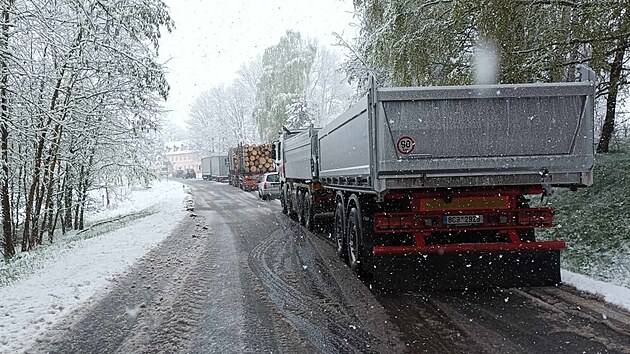The Czech National Bank (ČNB), as expected, kept key interest rates unchanged at at a record low of 0.75 percent on Wednesday, its final meeting of 2010, analysts said.
“The decision to leave rates on hold was fully in line with expectations. The initial market reaction to the announcement was fairly limited,” Danske Bank analyst Stanislava Pravdova said in a note following the central bank’s new conference. “However, market yields and rates, as well as the Czech crown, increased slightly on the back of less-dovish-than-expected comments from [ČNB] Governor Miroslav Singer.”
Singer told reporters that the eurozone’s debt struggles, rising commodity prices and Germany’s economic outperformance were close to becoming risks to the bank’s outlook, the Reuters news agency reported. The bank voted 6-1 to hold the repo rate for an eighth consecutive month, with one dissenter pushing for a 25 basis point hike.
“They are certainly significant uncertainties,” Singer said, as cited by Reuters. “They have the capability to turn into relatively big risks that may force us into some moves earlier than what we expect now according to the forecast, whether that be up or down.”
Singer said that lower-than-forecast nominal wage growth was the key downside (anti-inflationary) risk while rising global commodity prices and a weaker crown rate were the main upside risks.
The bank voted 6-1 to hold the repo rate for an eighth consecutive month. One unnamed ČNB board member voted for a 25 basis point rise; as Eva Zamrazilová had voted for a hike at the past two meetings, and Komerční banka analyst Jiří Škop said she was probably the lone dissenter on Wednesday.
All eyes on the eurozone
The ČNB governor also stressed several other important external factors as potential determinants for the next policy directional change, namely the eurozone debt crisis (as a downside risk to the Czech economy) and very robust German export-driven growth (as an upside risk), Pravdova said.
“What is interesting in this context is that this form of communication clearly opens the door for either a potential tightening or loosening of monetary policy,” she said.
Komerční banka’s Škop said the ČNB’s main concern appear to be developments in peripheral countries in the eurozone, and their impact on the rest of the single currency area and consequently on the Czech Republic.
“We therefore expect normalization to neutral levels to begin in Q411 with the key rate ending the year at 1.00 percent. According to our Societe Generale colleagues, the first hike in the eurozone may not come before 2012,” he said.



